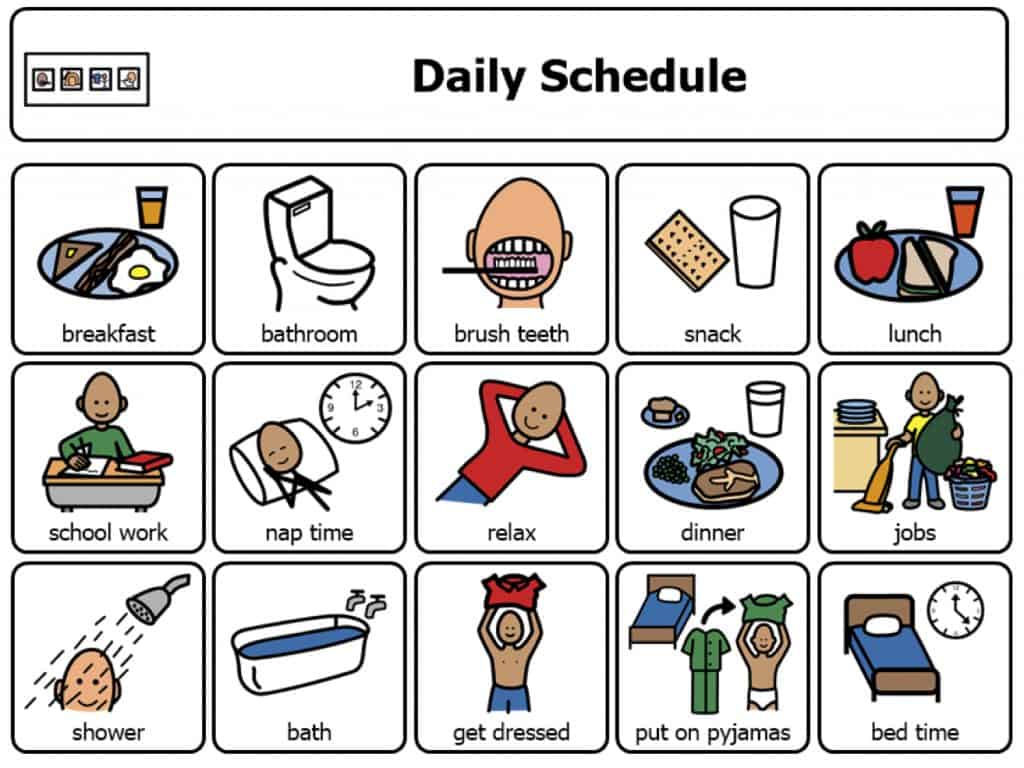Time Management in Autism: Top Ways to Approach it!
With the current pandemic, most parents on the spectrum find themselves homeschooling their children. For those following school curricula, assignments and time management can be overwhelming. Homeworks and activities can be seen as never-ending, and time appears to be insufficient.
However, there are some tips that can help you make the most out of your children’s schedule, and today we will share them with you.
Tips For Time Management in Autism
Avoid Over–commitment:
It is always easy to say yes to different tasks, however, it is important to determine which ones have priority over other activities and which ones can be avoided. For example, if your child has swimming lessons and he/she gets invited to a party at the same time, instead of rushing into both activities, give priority to only one and avoid unnecessary meltdowns.
Same for school lessons, it is always tempting to say yes and sign your child down for another beneficial class, however, the excess of events can raise unnecessary stress in your child. Remember, stick to only one thing at a time, and leave in time for relaxation in between.
Make a Schedule:
We can not emphasize enough the importance of making and sticking to a schedule.
Children on the spectrum thrive in established routines, and making a schedule is essential for this.
You don´t need to plan far into the future, you can plan your child’s week every Sunday and adjust some activities according to special goals that you want to accomplish that week.
Routines need to be stable and must have a visual chart to help your child understand the coming activities. The following example can give you a better understanding of what routine should look like.

Routines need to be respected as much as possible, however, sometimes it is possible to be flexible, in our blog post Routine Boundaries: Is It Okay To Push Them? we explain all about it.
Avoid Procrastination:
Most unnecessary stress comes from leaving things for last and rushing into completing them. The same thing happens with our children. If they procrastinate school homework and wait until late in the afternoon to complete them, they will most likely be cranky and tired by then. The following tips will help you plan ahead more effectively:
-Start with the hardest things: Find out the most challenging thing for your child and start with that task. If it’s math, start by that, if it’s writing, give that priority. The point is to leave easier tasks for later on the day when your child is already tired.
-Take breaks: Use the 25-5-25 method. Set up your chronometer, and work on a specific task for 25 minutes, then take a 5-minute break, and repeat. After 2 rounds or 2 hours, your child earns the right for a 20-minute break. Apps like focus keeper can help you track the time and set alarms for the breaks.
-Reward: Positive reinforcement is everything. So every time your child completes something successfully, give him/her some symbolic reward to motivate them. It doesn’t need to be something big, a hug, a sticker, or even verbal praise can work wonders.
How are you dealing with schedules during quarantine? Do you have a particular tip that has worked for you? Share it with us!
At WSCC, we offer support for autistic families and their children with Stem Cell Therapy treatments that can transform autistic conditions by healing the gut, decreasing inflammation, and improving brain function. We also created an autistic community on Facebook that is destined to offer support and companionship for ASD parents and their families on their journey.
Remember, you are not alone!
